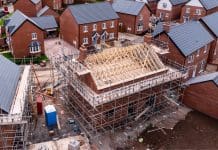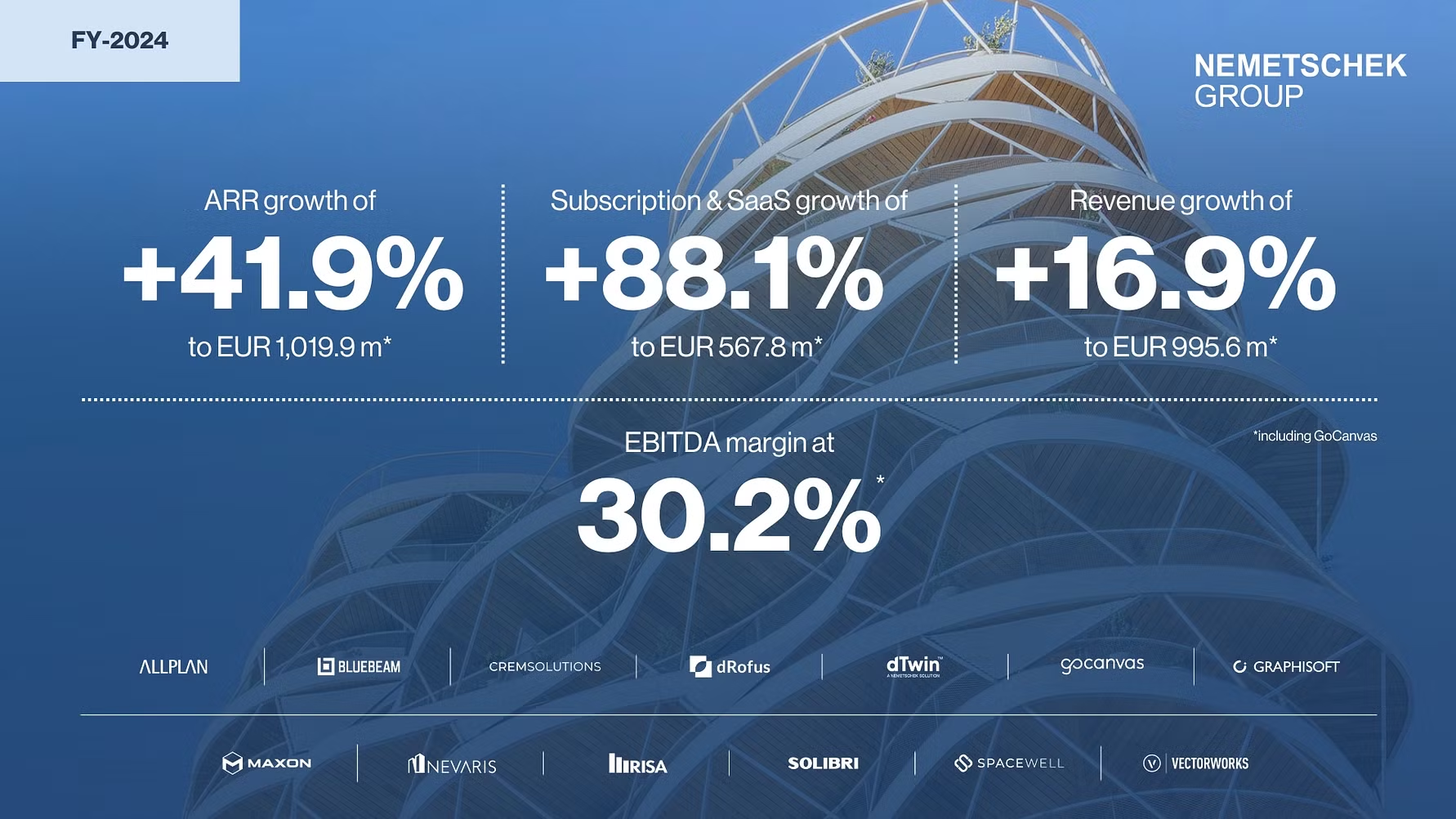UK Green Building Council senior manager for local policy and retrofit, Joanne Wheeler, discusses how to provide the tools for climate action at a local level
2022 began under a cloud of unique challenges. The Omicron variant led to many starting the year working from home, however this year amidst an international gas crisis, in which household bills are skyrocketing and the stark reality of heating the UK’s poorly insulated and draughty housing stock is hitting home. To put this into perspective, National Energy Action predicts that 6m households will be in fuel poverty by April 2022 as a result of rising utility bills.
The energy crisis and its impact on society is shining a spotlight on the urgent need for more energy efficient homes and widespread building renovation. While upgrading the UK’s housing stock will help alleviate fuel poverty and ensure homes are cheaper to heat, it will also play a central role in achieving the UK’s legally mandated net zero ambitions.
Reducing carbon emissions from our existing buildings is one of the biggest challenges facing the UK. In fact, energy usage in our homes alone represents 16% of the UK’s total carbon emissions. We have some of the oldest and leakiest buildings in Europe and in order to meet our climate targets, we need to retrofit almost all of the UK’s 30m buildings by 2050.
Decarbonising our buildings: A high-level summary of government action
Upgrading the UK’s building stock is an enormous challenge but it’s also an enormous opportunity, and could bring many environmental, economic and social benefits if done well. However, progress to date is mixed.
The good news is that we now have some long-awaited policy documents setting out the government’s vision for decarbonising the country. Firstly, the Net Zero Strategy, which provides a compelling vision of the UK’s net zero future, highlighting opportunities for levelling up the economy, jobs, health, wellbeing and nature. This includes the potential for improvements in our homes, the communities where we live and the way we travel.

Alongside the NZ Strategy, the government also published its Heat & Building Strategy (HAB Strategy) which signalled a welcome recognition by ministers that we must move away from heating our buildings with fossil fuels – and that households must be helped to make the transition to clean electric heating.
However, the bad news is that the HAB Strategy provides scant detail on how government will drive greater energy efficiency in homes and buildings, and unfortunately missed the opportunity to introduce much-needed long-term structural drivers of consumer demand, like differential stamp duty or 0% VAT on refurbishment.
Failure to deliver the “how” on building retrofit has been a systematic failure across successive governments. Over the years, we have witnessed piecemeal, stop-start national policy interventions, such as the failure of the Green Deal, successive cuts to funding for the Energy Company Obligation (EC0) and, most recently, the scrapping of the Green Homes Grant voucher scheme. Ultimately, this has resulted in the number of energy efficiency measures being installed in our homes each year dropping by over 70% in the last nine years.
Fortunately, local and regional authorities are forging ahead under their own steam. Nearly three-quarters of UK councils and combined authorities have declared climate emergencies and committed to delivering net zero carbon by 2050. In addition, cities and regions like Greater Manchester, London, the West Midlands and West Yorkshire are developing progressive retrofit strategies and plans as part of their wider climate targets.
A framework for supporting climate action at a local level
In order to support local and regional action on retrofit, UKGBC is turning its attention to the “how” – the necessary mechanics of delivery. Firstly, we are working closely with partners including the MCSC Foundation to provide practical, “how to” guidance for local and combined authorities to help implement tailored retrofit programmes in their local area. We hope to produce a replicable model that can be applied appropriately in any place.
Secondly, in order to measure the outcomes and impacts of building retrofit, UKGBC has teamed up with the World Green Building Council, seven other European Green Building Councils, Climate Alliance and the Buildings Performance Institute Europe to develop a Build Upon Framework – a free-to-use resource for local authorities.
This framework was developed over a two-year period, in collaboration with over 30 cities and local authorities across Europe, and provides a blueprint for how we can measure the multiple impacts and benefits of building renovation. These include environmental indicators such as carbon emissions, energy consumption and renewable energy generation; social concerns like fuel poverty and indoor air quality; and economic benefits from job creation to energy savings.
The framework sets out how these indicators can be simply measured and provides tools to aid data collection. The framework can also be applied flexibly at both a project and city level.
It is hoped that the Build Upon Framework will increase awareness and capture real data about the wider benefits of building renovation. This will allow local authorities to understand which measures offer best “bang for buck” and allow best practice initiatives to be scaled up. The data can be fed back into policy decisions and help build the business case for future retrofit programmes.
Local leadership is key to tackling the climate crisis
As outlined above, there has been a systemic failure in recent years to drive the low carbon retrofit of buildings at scale. Relying on the pace and ambition of current central government policy alone, the UK would fail to meet its carbon targets – both national and local. It is my strong belief that we’re not going to be able to ‘solve’ the retrofit challenge through a wholly top-down approach, meaning local leadership is essential. And this framework is a core component to enable those driving forward local climate action to succeed.
The Build Upon Framework was launched in December and can be accessed for free on UKGBC’s website by clicking here.
Joanne Wheeler
Senior manager for local policy and retrofit
UK Green Building Council















